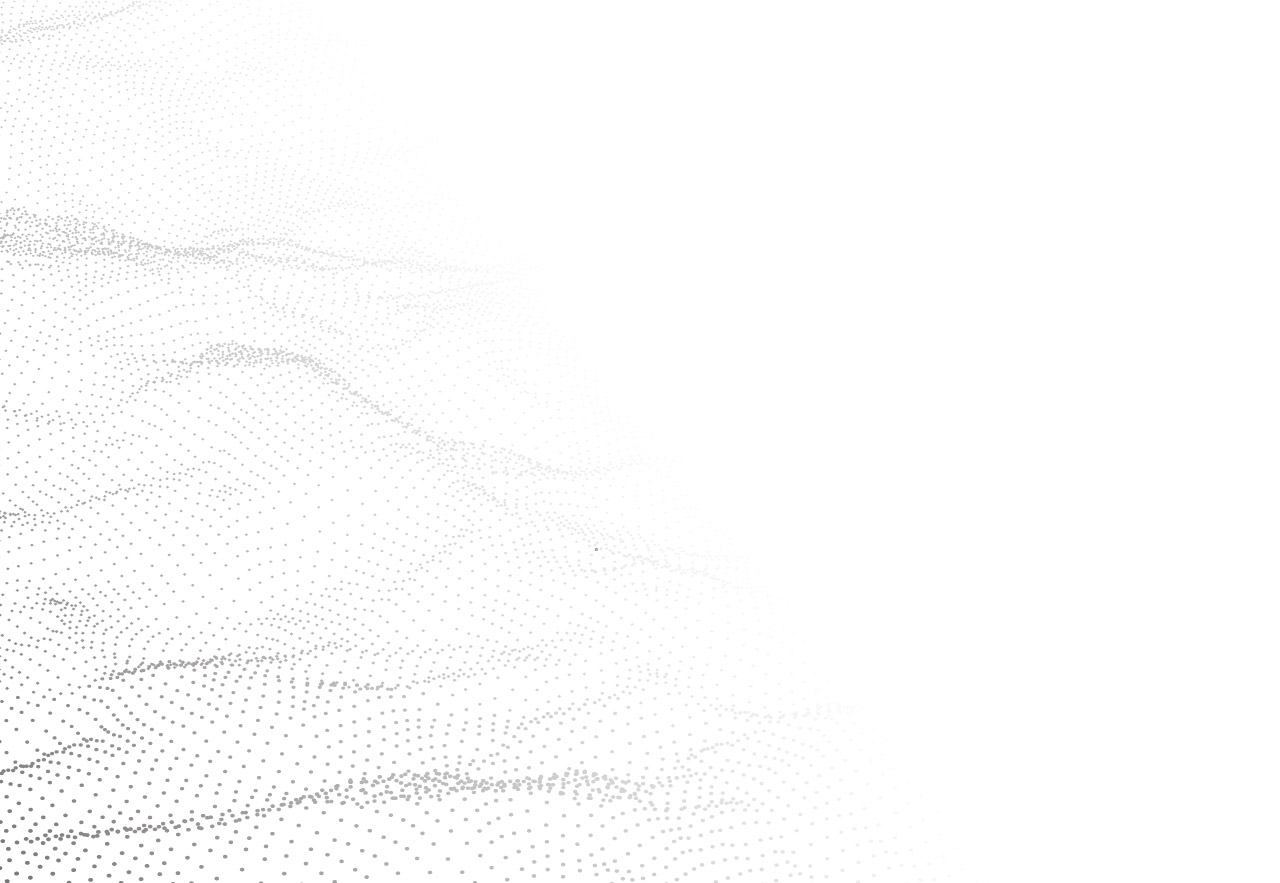By: CIFAR
6 Oct, 2015

McDonald led a research group that included CIFAR Senior Fellow Mark Chen at the Sudbury Neutrino Observatory (SNO) that was studying neutrinos formed through nuclear reactions in the Sun. As these tiny particles travelled to Earth, two thirds of them seemed to be disappearing. McDonald’s group discovered that SNO was capturing the neutrinos, but they had changed identities from one to another of three different types. In order to make this change, the neutrinos must have mass. This finding challenged the Standard Model of particle physics, changing our understanding of one of the most abundant particles in the Universe.
“Art McDonald was instrumental in making the SNO experiment the success that it has been,” says Pekka Sinervo, CIFAR’s Senior Vice-President of Research and SNOLAB Board Chair. “He was an outstanding nuclear physicist before he started his work on SNO, and the SNO results have transformed our understanding of neutrinos.”
“We no longer believe that the three different kinds of neutrinos are massless. Because they transform from one type to the other, this means that they must be massive, and have other properties that we don’t know of.”
McDonald has been involved with CIFAR for 18 years, previously as the Cosmology & Gravity program’s advisory committee chair and as a member of the Research Council.
“Heartfelt congratulations to Arthur McDonald,” says Alan Bernstein, president and CEO of CIFAR. “Professor McDonald has been a part of the CIFAR research community for almost two decades, working to advance our fundamental understanding of the world. He is a mentor to many CIFAR fellows, extremely passionate about science, committed to the highest level of scientific excellence, and well deserving of this most prestigious award.”
J. Richard Bond, director of the CIFAR program in Cosmology & Gravity, says McDonald has kept CIFAR engaged with neutrino research, which is a key area of particle astrophysics that CIFAR could not ignore.
“I’m so happy for Art McDonald, a very good friend of CIFAR and a Canadian extraordinaire. He has been a key participant in our Cosmology & Gravity program. We thought CIFAR needed to be totally engaged with the quintessentially Canadian SNO experiment, and with Art’s commitment for almost two decades to the program, that has happened brilliantly,” Bond says.
NobelPrize.org interviewed McDonald about having received the award, asking him what has kept him fascinated with his line of research.
“You have the ability to observe particles that come directly from the core of the Sun, they’re telling you what’s happening there right now,” he says in the interview. “It’s a great experience to look at this data and realize that you are seeing things that are extremely fundamental in their nature.”
McDonald received his PhD in Physics at the California Institute of Technology in 1969 and conducted research at the Chalk River National Laboratories before becoming at professor at Princeton University and later Queen’s University, where he is now professor emeritus. He holds many other awards and appointments, including Officer of the Order of Canada and fellow of the Royal Society of Canada.